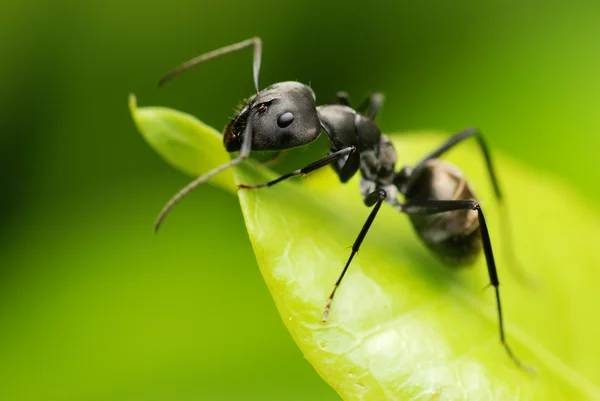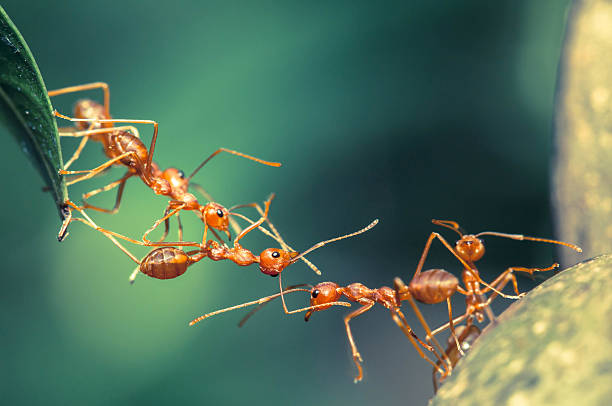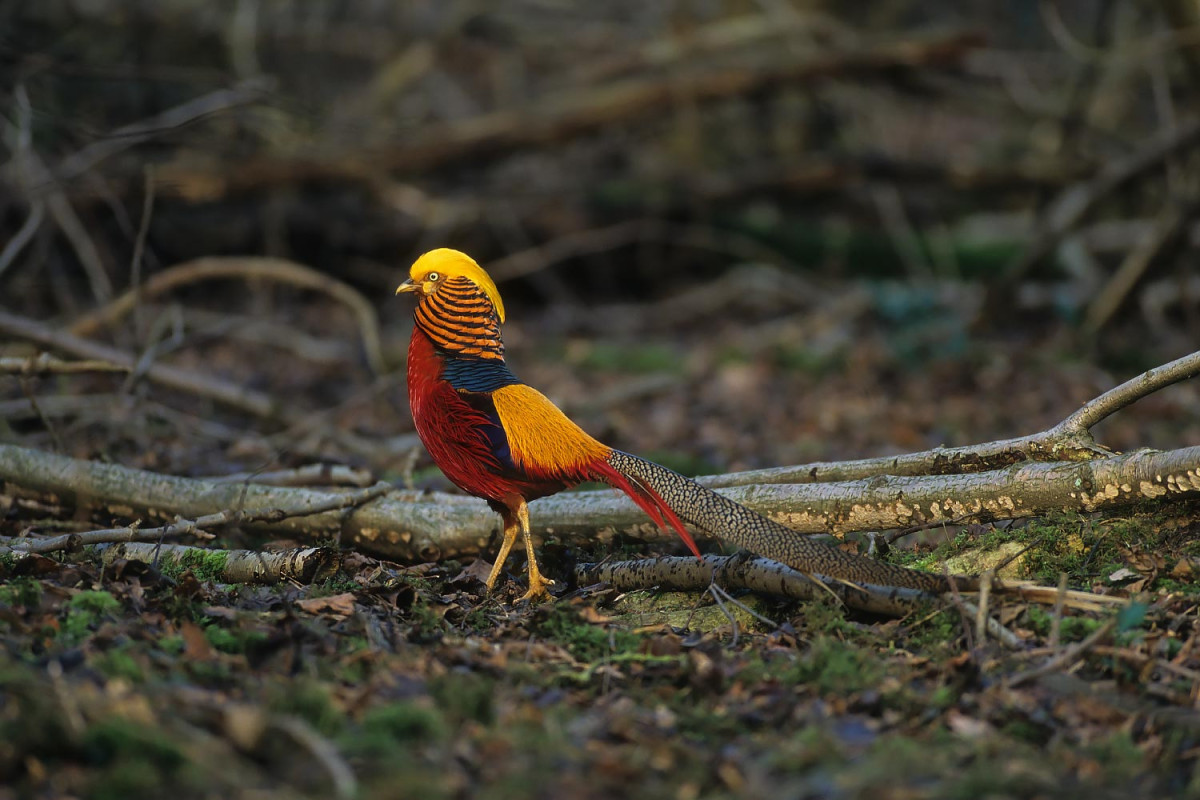Ants don’t sleep. Yes, you read that right. They do not sleep their entire lives, but they are still very active. Ants take very brief naps. Let’s get to know more about the sleep (or the lack of it) schedule of this tiny creature.
1) Ants take approximately 250 naps daily, with each nap lasting no more than a minute. That is sufficient for them. However, if we look at 250 naps in a day, we can conclude that they do get 4 hours and 48 minutes of sleep.
2) A lung allows them to breathe and oxygen to spread throughout the body. Ants consume oxygen but in a very different way. They have numerous holes all over their body that are linked by tubes. Ants breathe in oxygen, distributed throughout their bodies via tubes.
3) The vibrations on the surface beneath their feet help them hear and understand. That is how they detect danger. If they sense danger, they begin to emit a specific type of chemical signal. Similarly, when they find food, they immediately begin telling their companions, and they do so by releasing a special type of chemical pheromone. That’s why ants walk in the same line behind each other.
4) Some ants have wings, while others don’t. All ant species on the planet can grow feathers. It is now up to those ants whether they want it or not.
5) Ants do not like the cold. That is why they vanish during winter. Then, they make their hideout by finding a warm spot beneath the ground or beneath a rock. Research indicates that ants have been present on Earth for at least 130 million years.
6) There are 13,379 species. Some ants want to stay in the house, while others build their own, such as bills in the jungles and empty spaces. There are designated areas for the queen ant, worker ants, and storage. A colony of ants was discovered 3700 miles underground in Mexico.
7) It’s worth noting that every ant has two stomachs. She stores food in one stomach and slowly transports it to her workplace, while food is stored in the other stomach to be given to another ant.
8) Ants range in age from 05 weeks to 02-03 years. Ants living in homes have a shorter lifespan, whereas ants living outside in colonies in the open have a longer lifespan.














